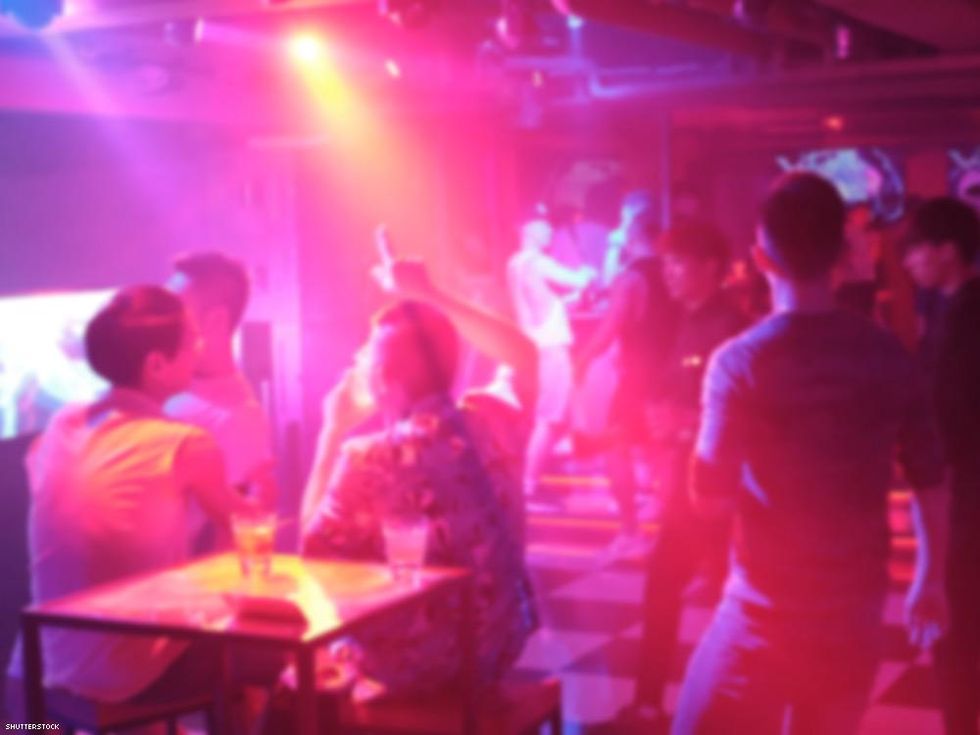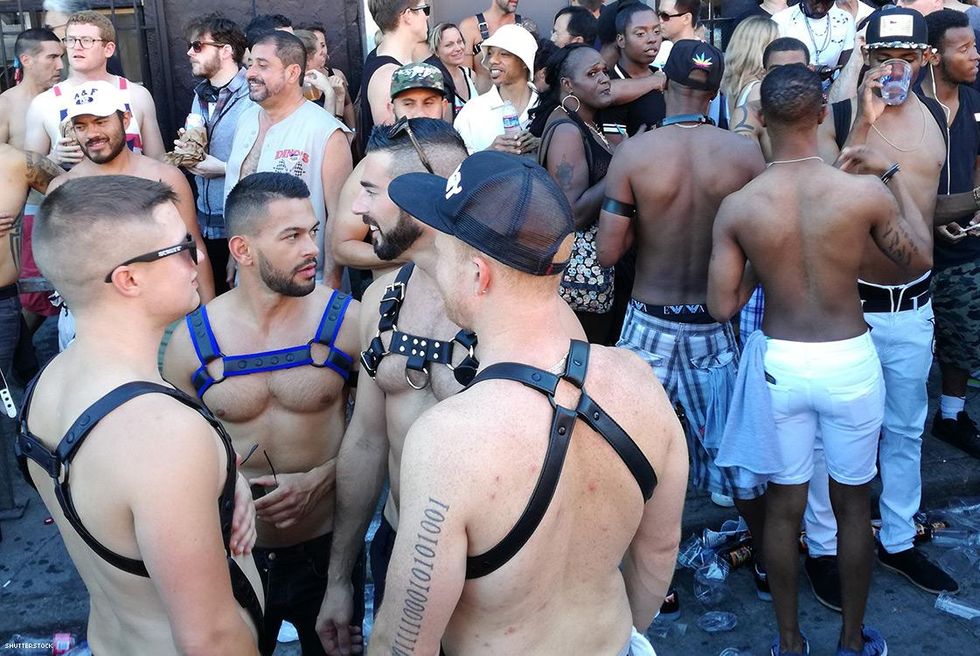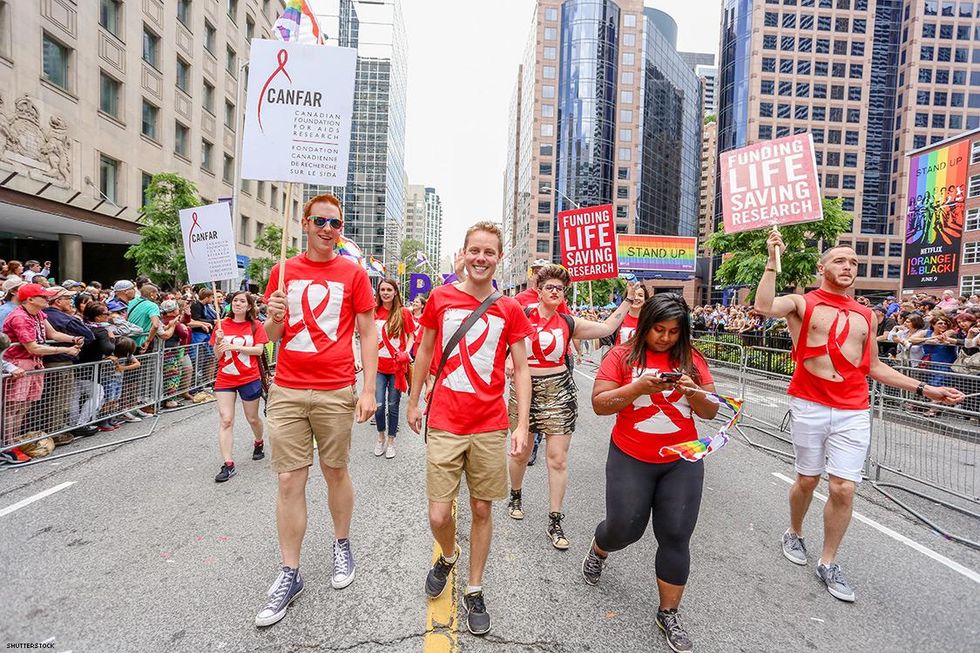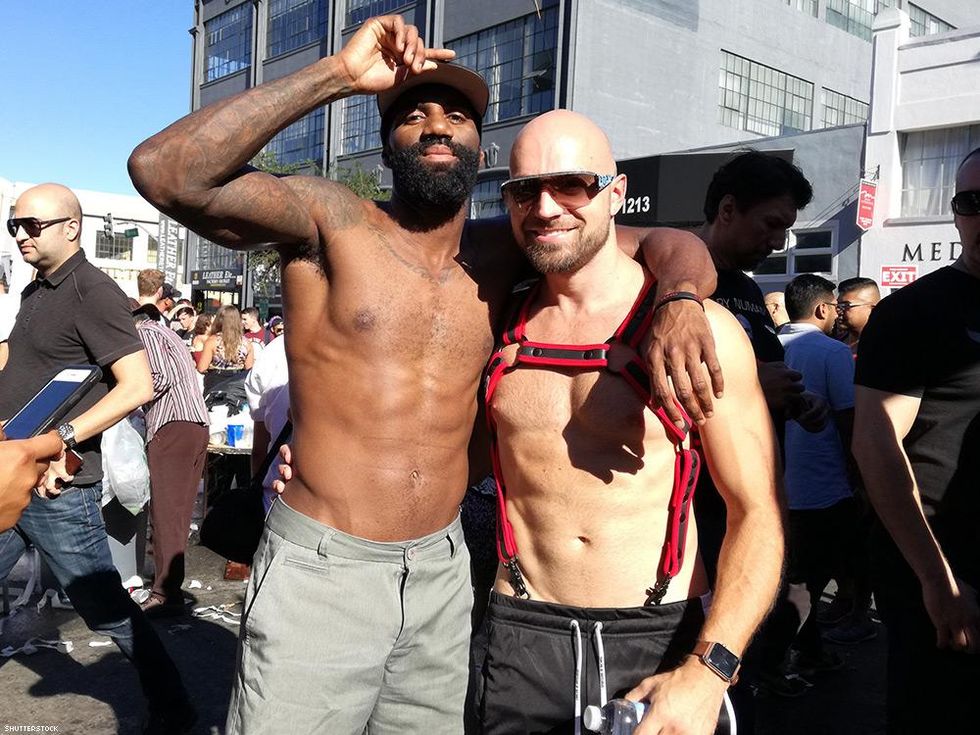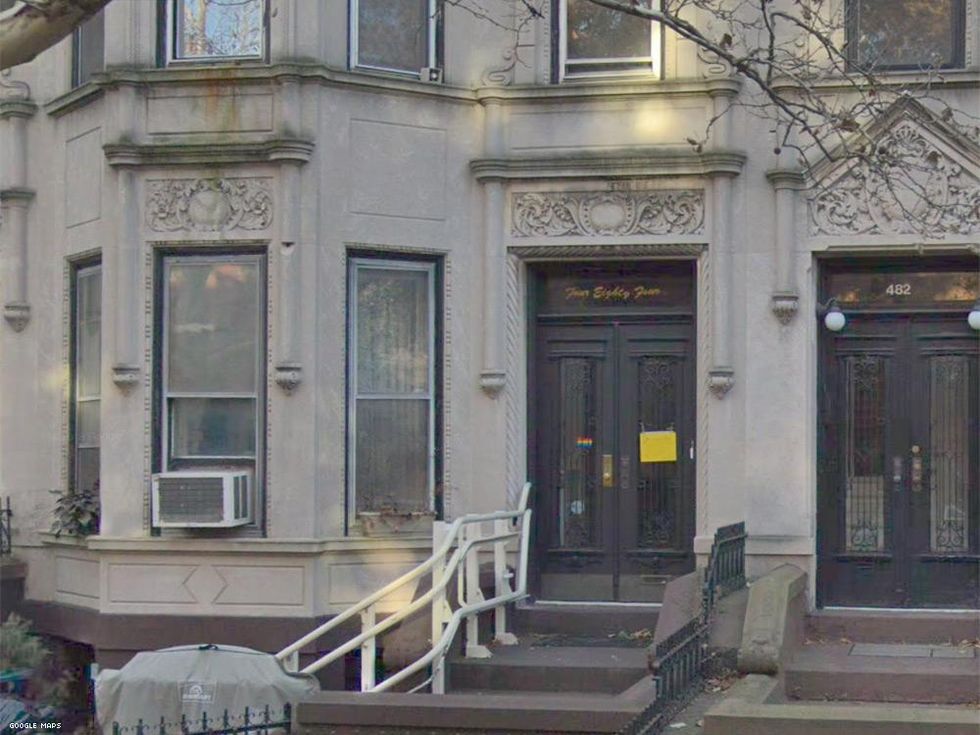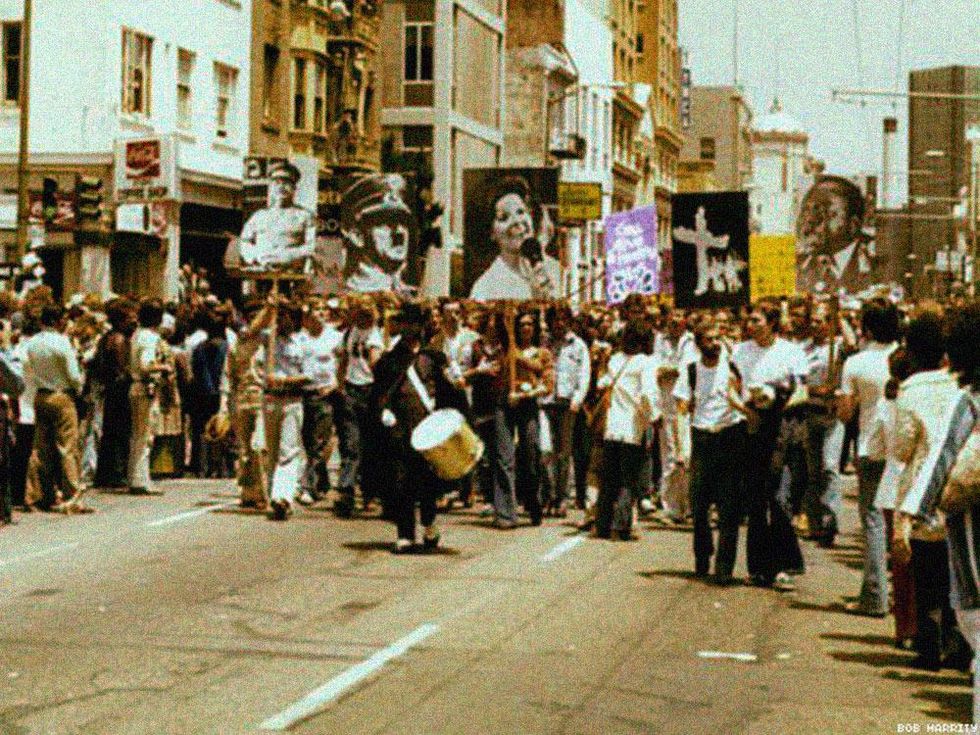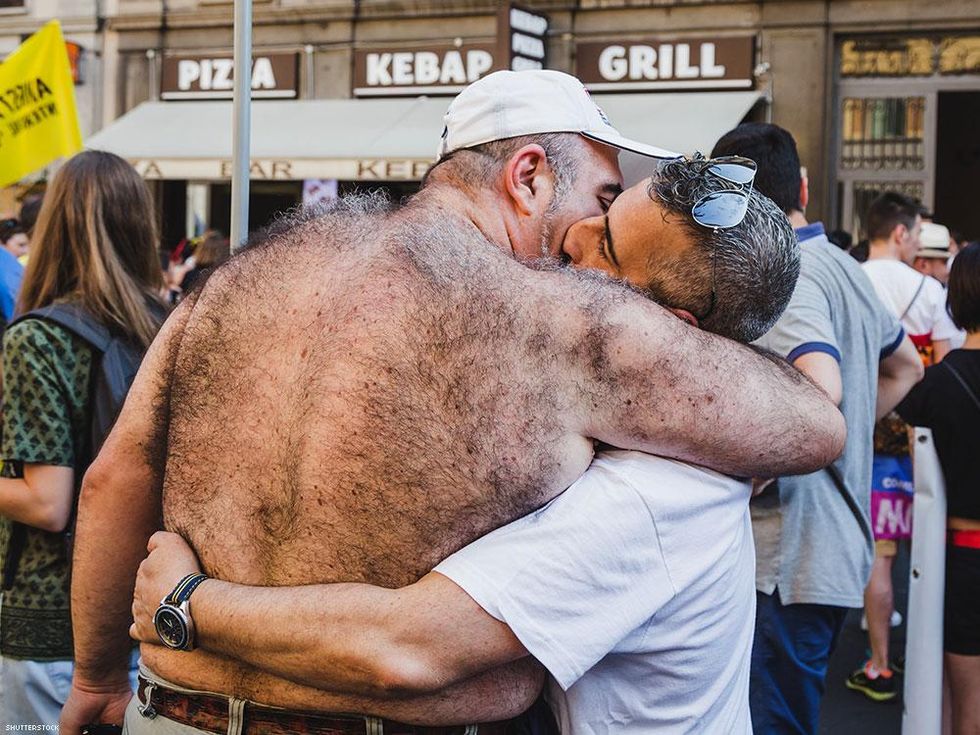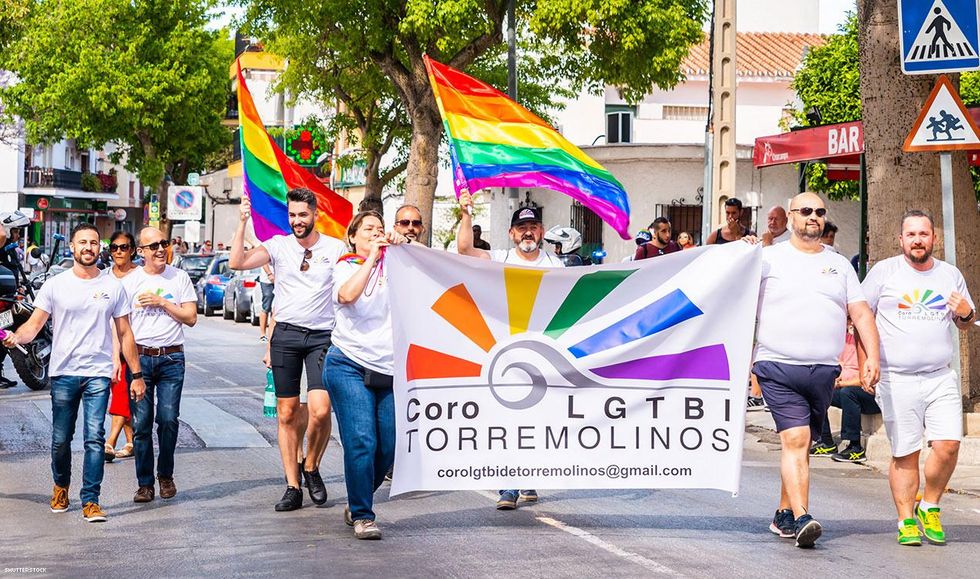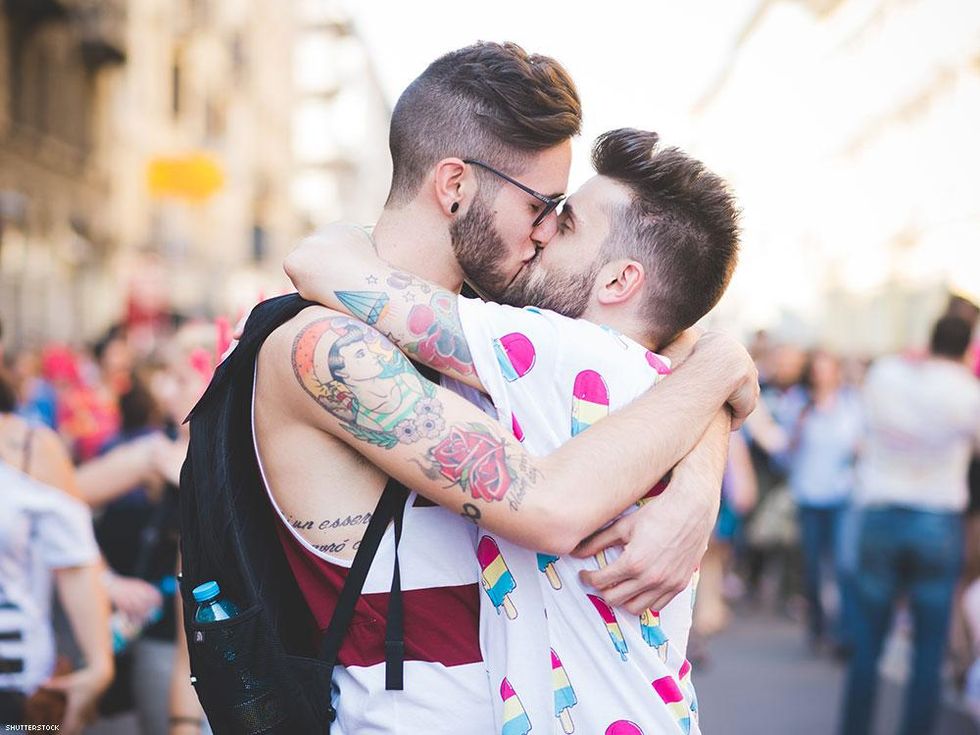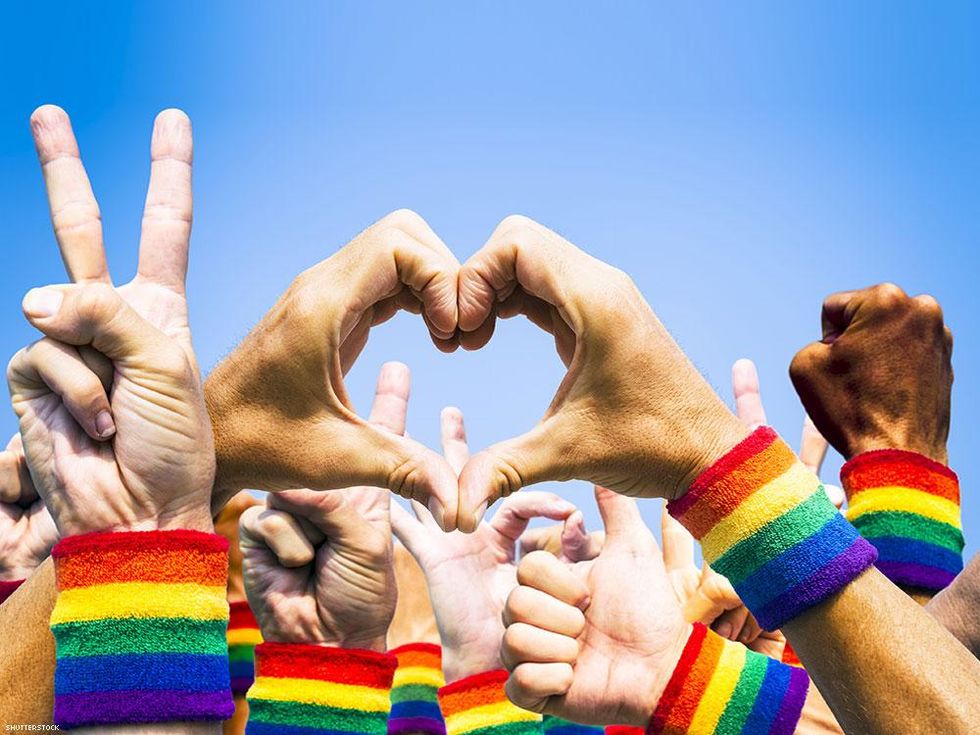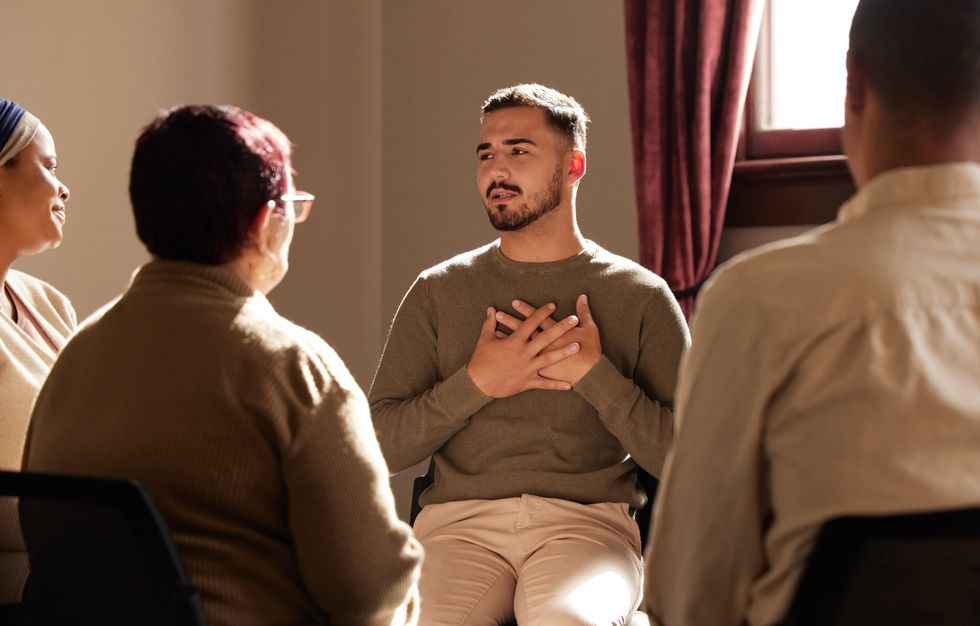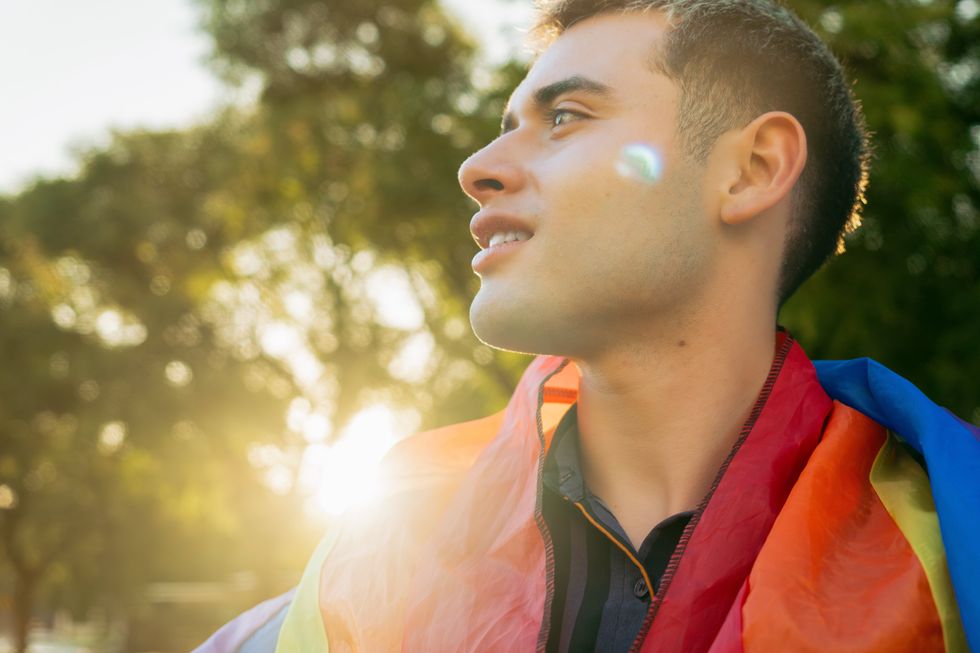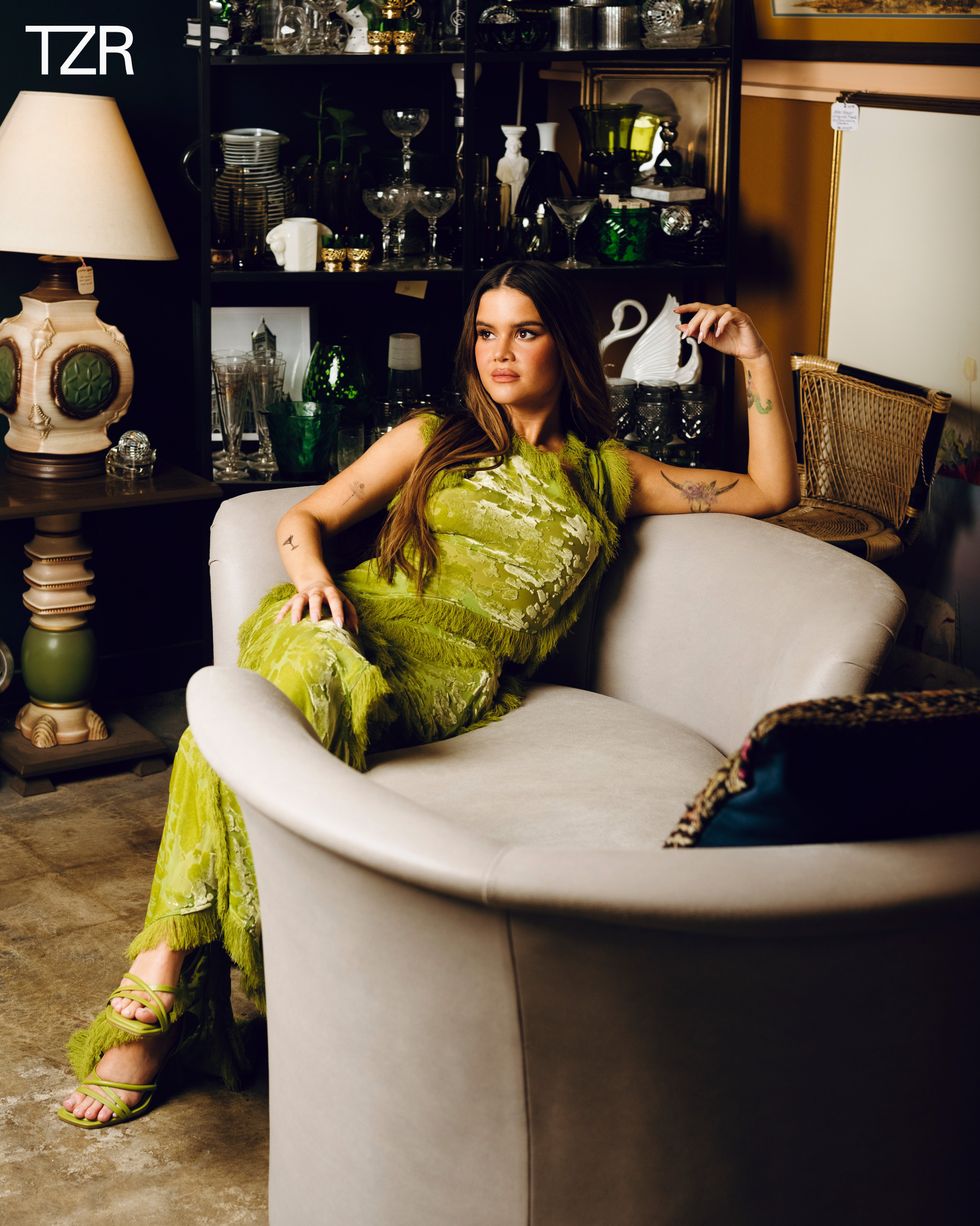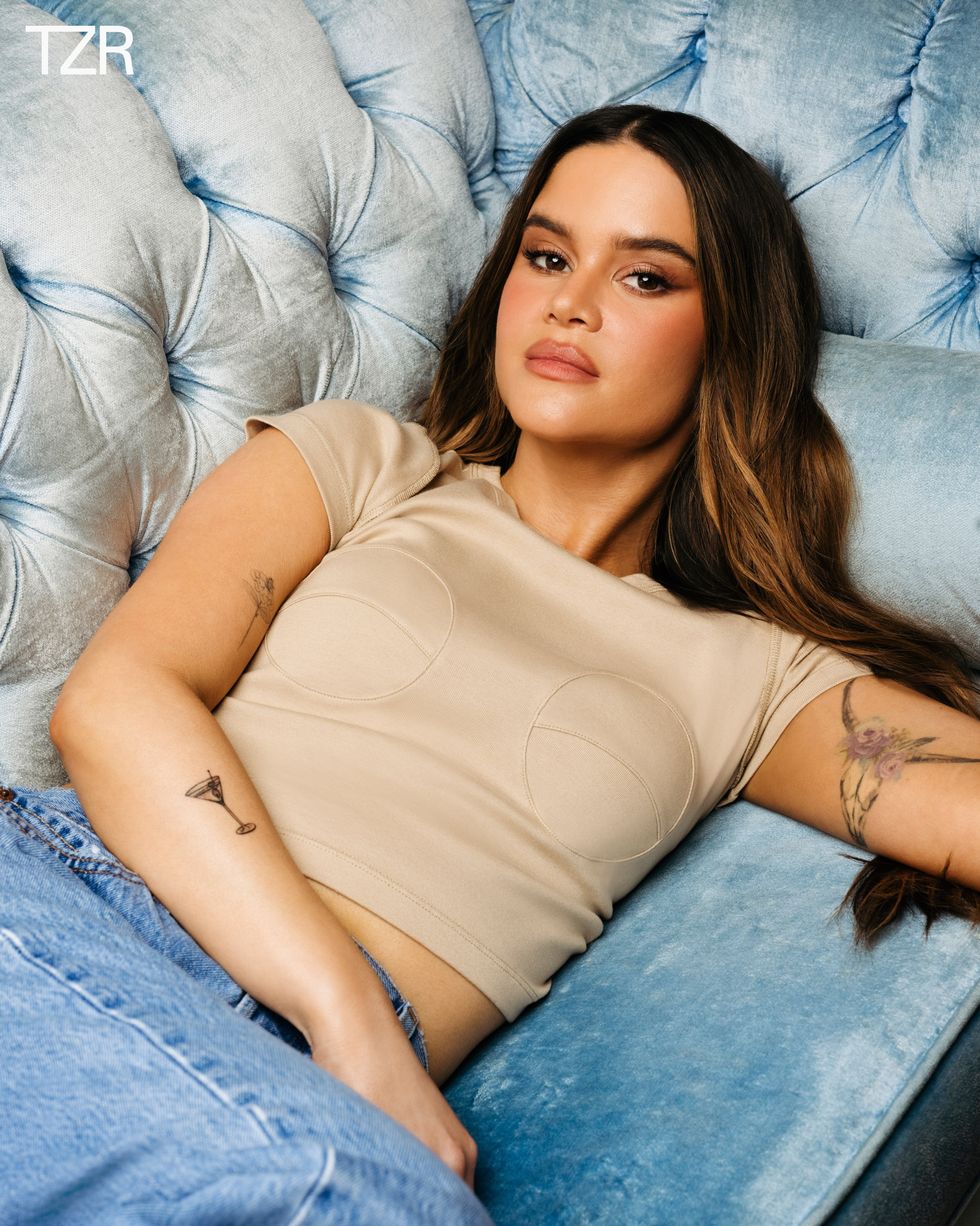As a bisexual woman, I’ve definitely suffered from poor mental health and a feeling of isolation within the queer community. It’s hard to find support, solidarity, and people who believe and validate your identity instead of cutting it down and doubting you. So when I found out that mental health risks in bisexual women have been called "disturbing," I wasn’t surprised.
According to The Movement Advancement Project (MAP), an independent think tank that provides rigorous research, insight, and analysis that help speed equality for LGBTQ+ people, approximately 50 percent of queer people identify as bisexual. So if mental health issues are heavily impacting bi folks, we’ve got a huge problem on our hands (though even one person struggling with mental health is too many).
So what do we need to talk about?
1. We are more likely to struggle with depression
Researchers at the London School of Hygiene & Tropical Medicine have found that bisexual women are 26 percent more likely to have felt depressed than lesbian women, showing a clear disparity when it comes to mental health among bi women.
2. We are more likely to have disordered eating habits
The same study by the London School of Hygiene & Tropical Medicine also found that bisexual women were 64 percent more likely to report an eating problem than lesbians. Considering that many assume that queer women aren’t going to struggle with eating disorders, as eating disorders are thought of as an issue for straight, skinny, white girls, there’s definitely not enough awareness of this issue.
3. We have little social support
According to Autostraddle, studies have shown that bi women have the least amount of social support of any sexuality group. Feelings of isolation and loneliness are very real in the lives of bisexual women, and have real repercussions. The good thing is the Bisexual Resource Center has a list of support groups available to bi women!
4. We’re more likely to face intimate partner violence
Us bi folks are more likely to be abused than gay, lesbian, and straight people according to research done by The Movement Advancement Project (MAP). But bisexual women, specifically, experience significantly higher rates of violence than lesbians and straight women. We’re also more likely to be sexually assaulted.
5. We also struggle with anxiety at high rates
I can say from experience that I know way more bi women with anxiety disorders than lesbians. Bisexual women have been found to be 20 percent more likely to have suffered from anxiety than lesbian women.
6. We struggle to find therapists who understand
Because biphobia is so prevalent in both mainstream media and in our culture, it’s hard to find someone to talk to about the difficulties of being bi in our current context. Finding gay-friendly therapists is hard enough, but finding a bi-friendly therapist feels impossible.
7. We face subtle discrimination in the workplace
According to The Movement Advancement Project (MAP), while only 20 percent of bi folks face discrimination in the workplace based on their sexuality, almost 60 percent of bisexual people report hearing anti-bisexual jokes and comments on the job. Not surprising considering how many people still choose not to “believe” in bisexuality.
8. We're accused of having straight privilege
Just, no. Just like lesbians don't have to sleep with women to know they're lesbians and not straight, bisexual women's sexuality doesn't depend on who we're dating. We're bi. All the time.
Luckily, there’s a bright side!
The tides are changing, slowly but surely. Bi Health Month is finally a thing, and organizations like the Bi Resource Center are raising important visibility of bisexuality. Activists are doing the important and all-too-necessary work of making sure that people know that bisexuality is real, valid, and exists in numbers too large to be ignored any longer.
Bi women, take care of yourselves. And know we’re owed a much better world than the one we have right now—but we’re working toward it.
Note: if you’re struggling with mental health, phone lines and chats like those done by GLBT National Hotline, The Trevor Project, and the It Gets Better Project are available to support you cost- and judgment-free.


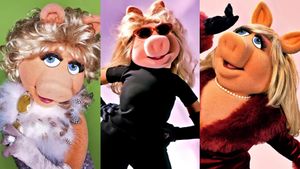

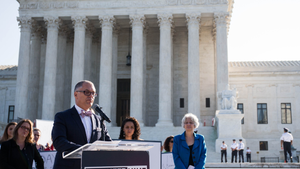

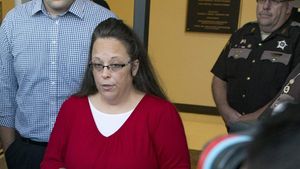



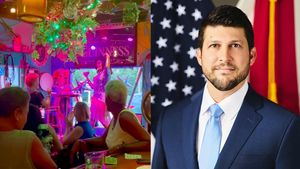
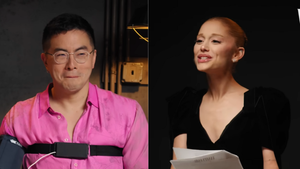
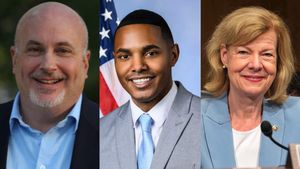




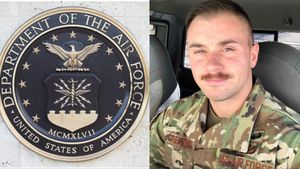







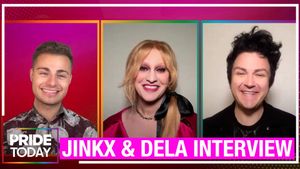


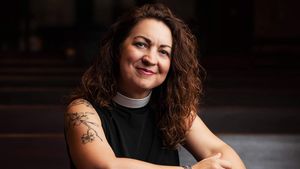






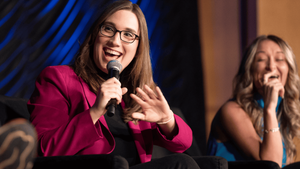
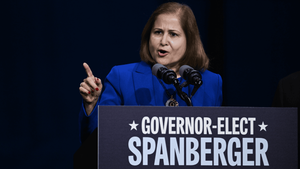







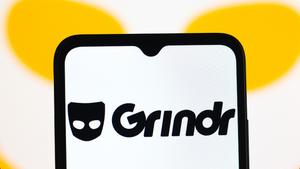









 35 bisexual pop anthems we have on constant repeatYouTube.com/Binoy
35 bisexual pop anthems we have on constant repeatYouTube.com/Binoy






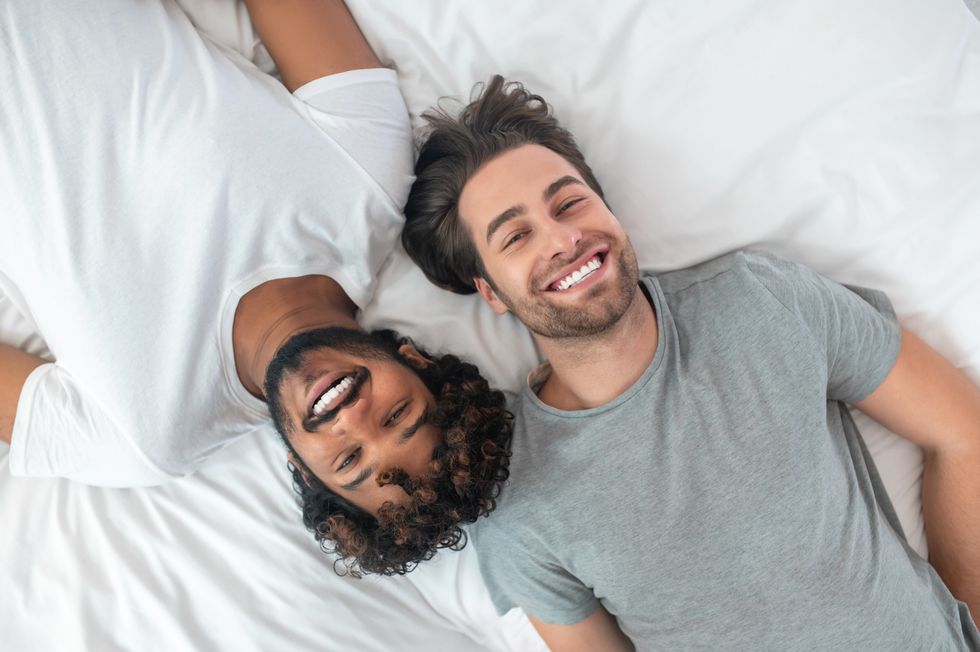

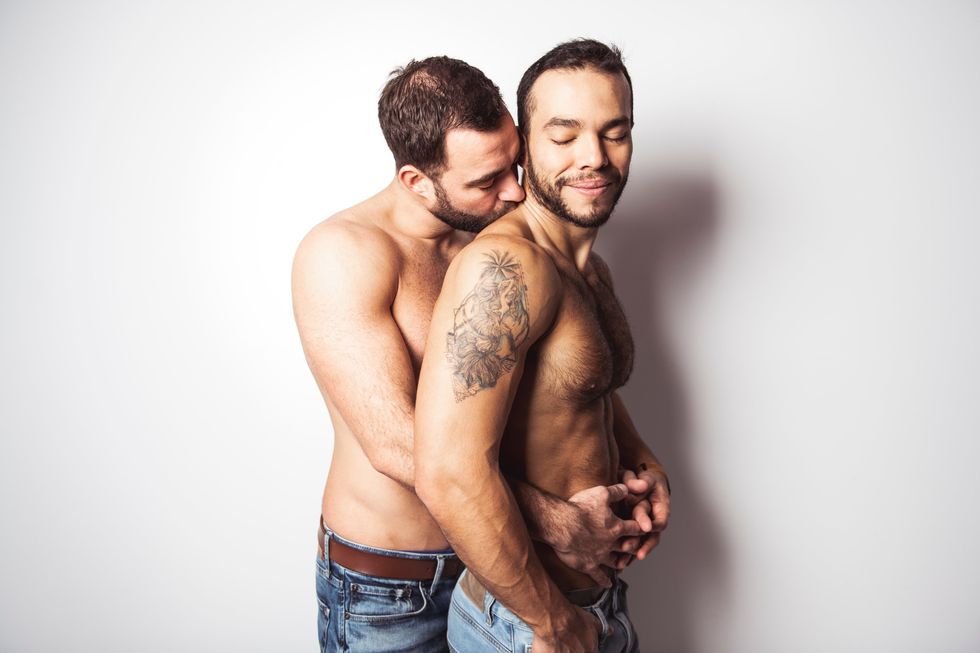
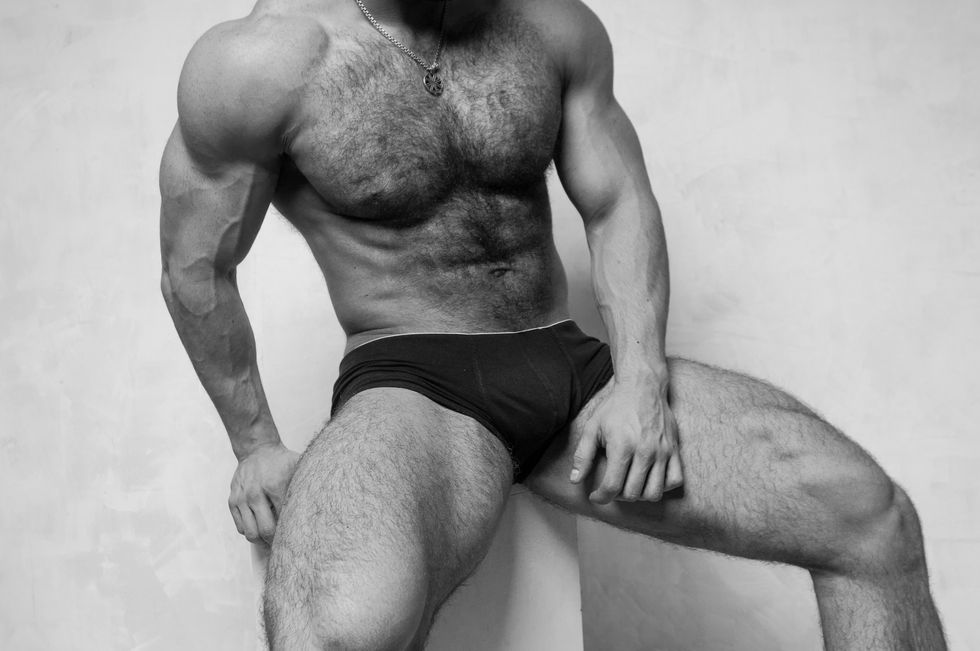
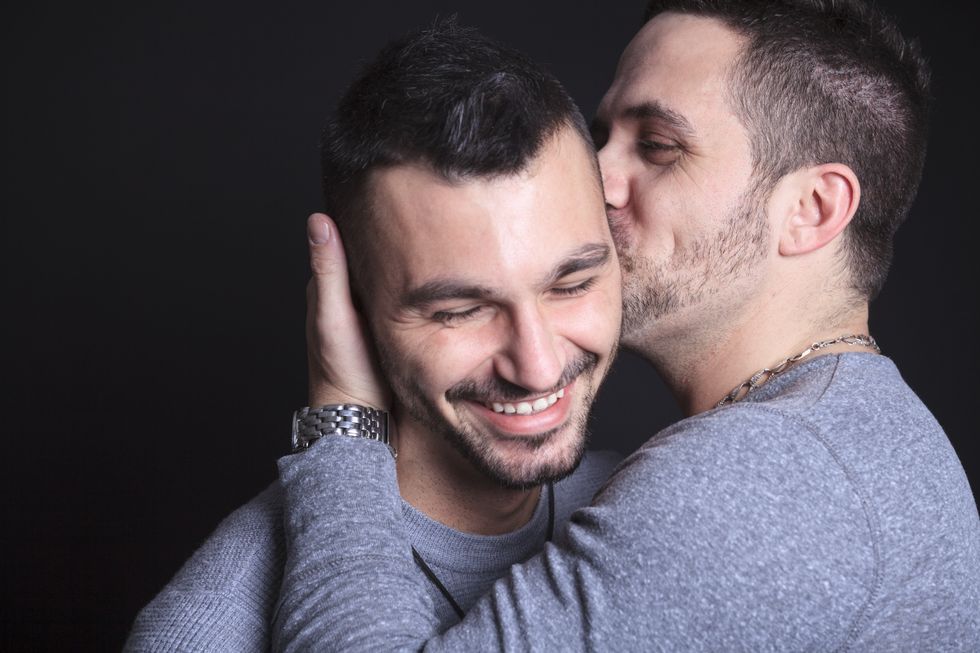



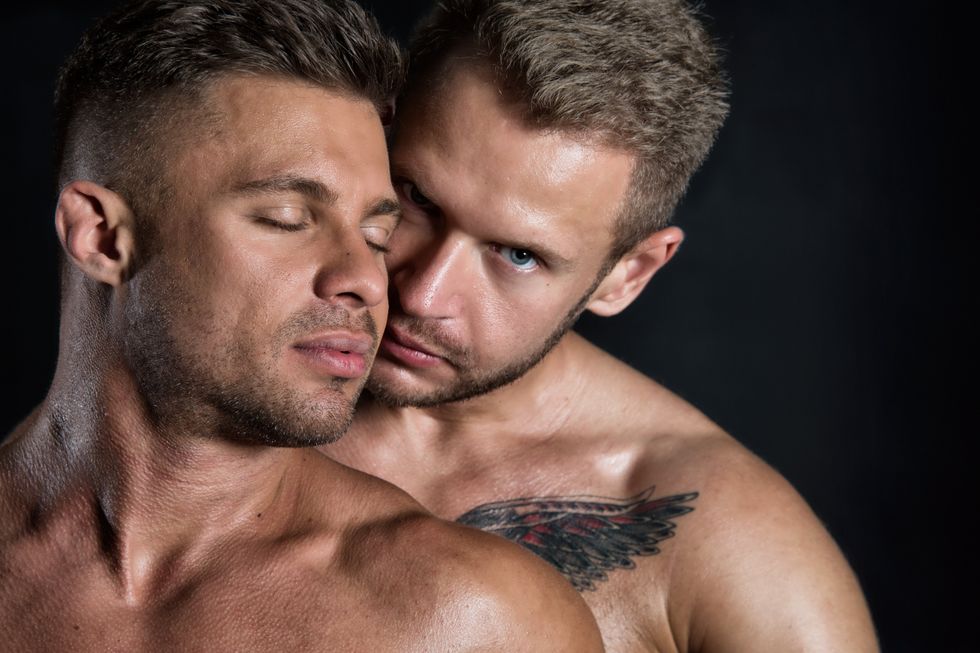
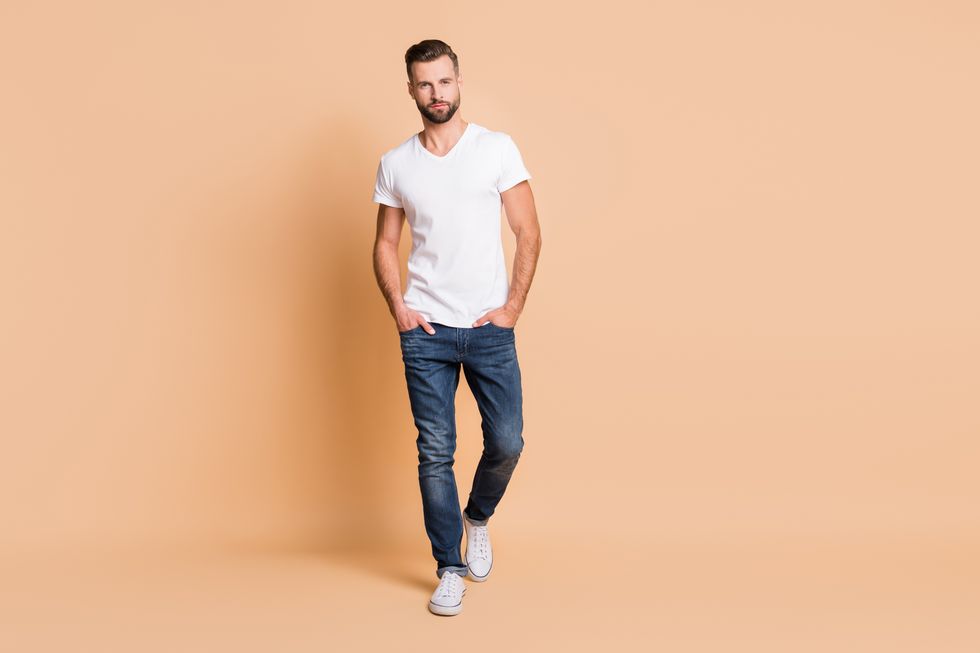


 A couple kisses in the middle of the street during the Christopher Street Day ; Men seen kissing during the 2023 Pride Barcelona Parade.Yerchak Yauhen/SOPA Images/LightRocket via Getty Images; imone Boccaccio/SOPA Images/LightRocket via Getty Images
A couple kisses in the middle of the street during the Christopher Street Day ; Men seen kissing during the 2023 Pride Barcelona Parade.Yerchak Yauhen/SOPA Images/LightRocket via Getty Images; imone Boccaccio/SOPA Images/LightRocket via Getty Images